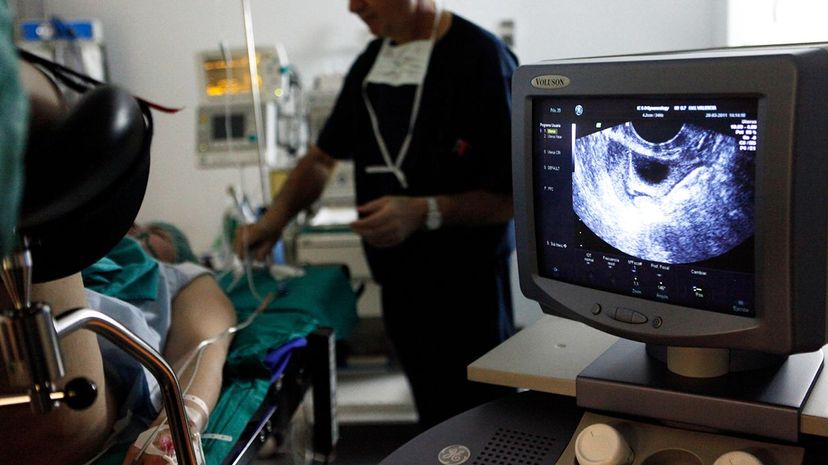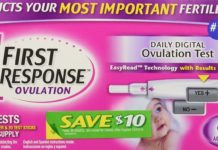 “A doctor retrieves ovocytes immature human egg cells from a donor at an in vitro fertilization (IVF) clinic in Valencia, Spain. Louise Oligny/Corbis/Getty Images
“A doctor retrieves ovocytes immature human egg cells from a donor at an in vitro fertilization (IVF) clinic in Valencia, Spain. Louise Oligny/Corbis/Getty Images
Most of us understand by now that having a child isn’t exactly a matter of waiting around for a stork to drop by with a little bundle of joy. Need a refresher? Check out our look at how human reproduction works. But millions of women in the U.S. alone have trouble getting and staying pregnant, while genetic, lifestyle and age factors in men can also make it tough for couples to conceive. That’s why the egg donation industry is a thriving, multibillion-dollar machine. Even the tax man has his paws in the process, hitting up egg donors for a piece of their compensation.
In most cases, donors have the option of joining a voluntary registry so that they can be contacted down the road by the people that their egg donations turn into. These optional registries also allow offspring to locate half-siblings. Now a group of health experts is pushing a registry for another reason: to track donors’ well-being.
There are some cases suggesting that egg donors might increase their risk for breast cancer down the road. At present, however, there’s not enough information on hand to support that suspicion, or the hunch that fertility drugs may be to blame. That’s why Dr. Jennifer Schneider and her colleagues are calling for a new registry to allow researchers to contact donors and check in on their health situations over time.
"With real data on risks, young women will finally be able to make truly informed choices about undergoing ovarian stimulation," wrote Schneider in a research paper calling for the registry. "Depending on the results of long-term studies, they will know that they are either risking their health by pursuing egg donation, or else they can be reassured that there are no significant long-term medical risks."
Critics are likely to raise privacy concerns. Some folks simply don’t like giving their contact information out to strangers. Still, donors would have the option of declining to share their medical histories with researchers. They’d also have an opportunity to give other potential donors a better understanding of what they’re signing up for.
Now That’s Interesting
The first successful pregnancy using donated eggs was reported in Australia in 1983.































